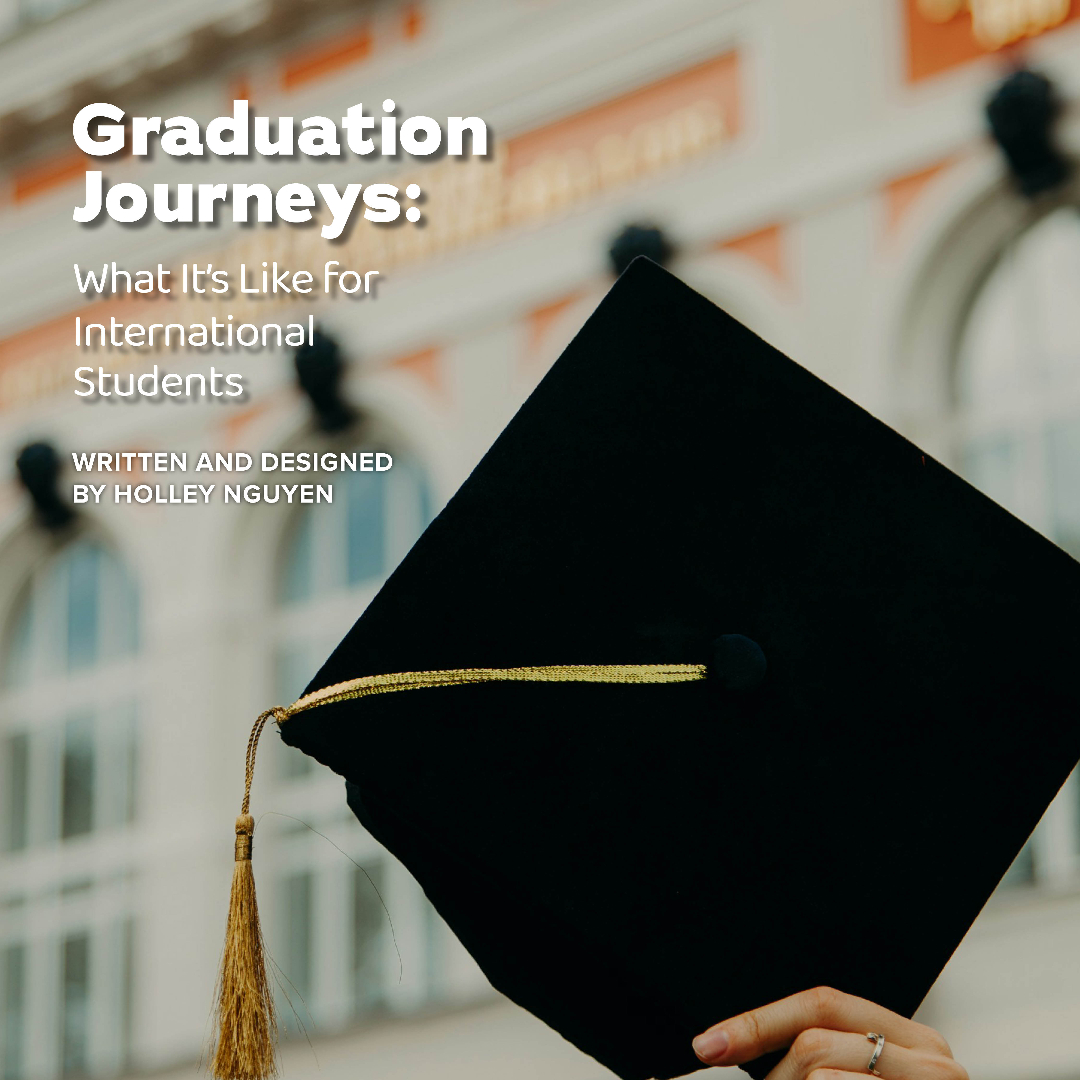
Graduation from university is a time with mixed emotions for students. There is lots of excitement and joy, but at the same time, anxiety. Although Northeastern has supported students with the cooperative education (co-op) program that assists with resume building, job hunting and interview practice, the world outside campus is much more than that.
In recent years, the United States job market does not look so optimistic, as there are layoffs from technology corporations, the rise of automation and artificial intelligence and less hiring from businesses. To combat the challenging job market, Northeastern provides co-op opportunities for students to gain direct experience and apply what they have studied in class. Students, at the same time, enhance their resume with leadership experience, projects and summer internships. However, Northeastern is not the only university that gives students real-life working experience; there are multiple universities out there deciding not to fall behind in this race. Every year, there are hundreds of new graduates with excellent profiles, but the market cannot fit all of them.
This is even more difficult for international students in recent years. In order for international students with an F-1 visa to obtain a full-time job in the United States after graduation, they need to apply for the Optional Practical Training (OPT) for their first year of work. Later, they need the company to sponsor their H-1B visa to extend their stay in the U.S. However, with the current state of the economy, not many companies are willing to sponsor foreign workers. They believe that this will cause them to waste budget, complex documentary submission needs. Every single year, thousands of international students from China, India, Vietnam and the Philippines travel to America for post-secondary education, but the number of excellent individuals only takes up a very small portion in this large group.
It can be frustrating for students when their job search does not turn out like what they expect. Some families even put financial weight on their children, forcing them to have a job no matter what in order to pay off the time and money spent on university. This may cause students to question whether everything they have done so far is worth it. When international students cannot find their places in the U.S. they have no other choice but to return to their home country to pursue a job.
When international students return home, many of them experience “reverse culture shock.” They find themselves unable to fit into the culture and lifestyle of their home country as they have been used to the U.S. way of living and working environment. Moreover, social judgment can cause them to feel anxious when meeting with their network. Many returning international students always receive the same series of questions: “It is not easy to study abroad, why return so soon?” “Why not get a job and earn some more before returning?” or “Why don’t you stay back in America, get the green card and citizenship?” These intimidating questions can cause students to feel extremely uncomfortable as outsiders do not understand the hardship of college life that far away from home.
Nowadays, many educational institutions are very active in supporting students for internships and projects, giving domestic students who choose to stay in their home country the advantage of getting familiar with the work culture and job market sooner compared to returning international students. Along with the globalization age, returning international students were forced to compete for job positions with students that graduate from domestic universities and other returning peers as well.
Seeing friends at their age immediately have a job after graduation and constantly get promoted while themselves are still struggling, can cause international students to choose to distance and disconnect themselves from people around them. As time goes on, if they cannot find someone they trust to share their shame or frustration, it can accumulate and lead to depression.
Study abroad has been a valuable journey as students have the chance to broaden their horizons with multicultural experience, self-development and be exposed to new ideas. Investing in study abroad is not cheap, so every international student always tries their best; however, if the outcome of this journey is little career expectations met and a resulting struggle with shame and mental illness, it may not seem worth it. Like any other decision in life, returning home after study abroad should be normalized as it is a decision for personal benefits. External judgments are subjective since students should know what is best for them. Deciding to stay or return always comes with reasonable needs as both will inevitably have opportunities and challenges ahead.